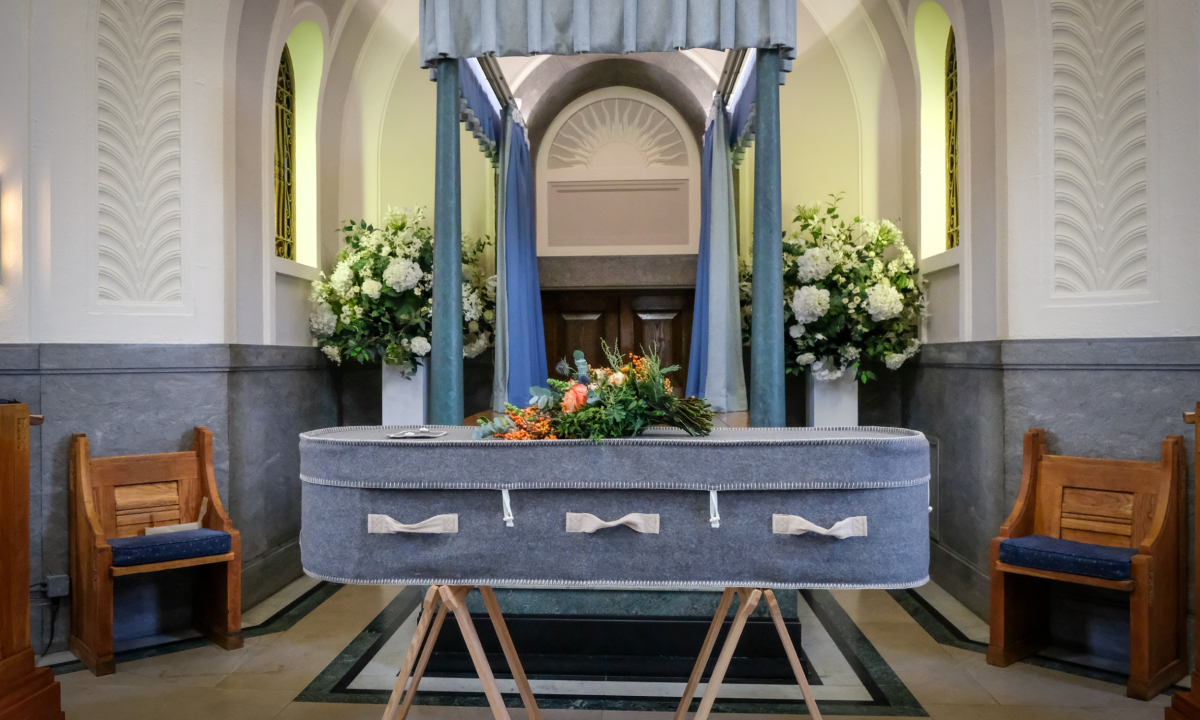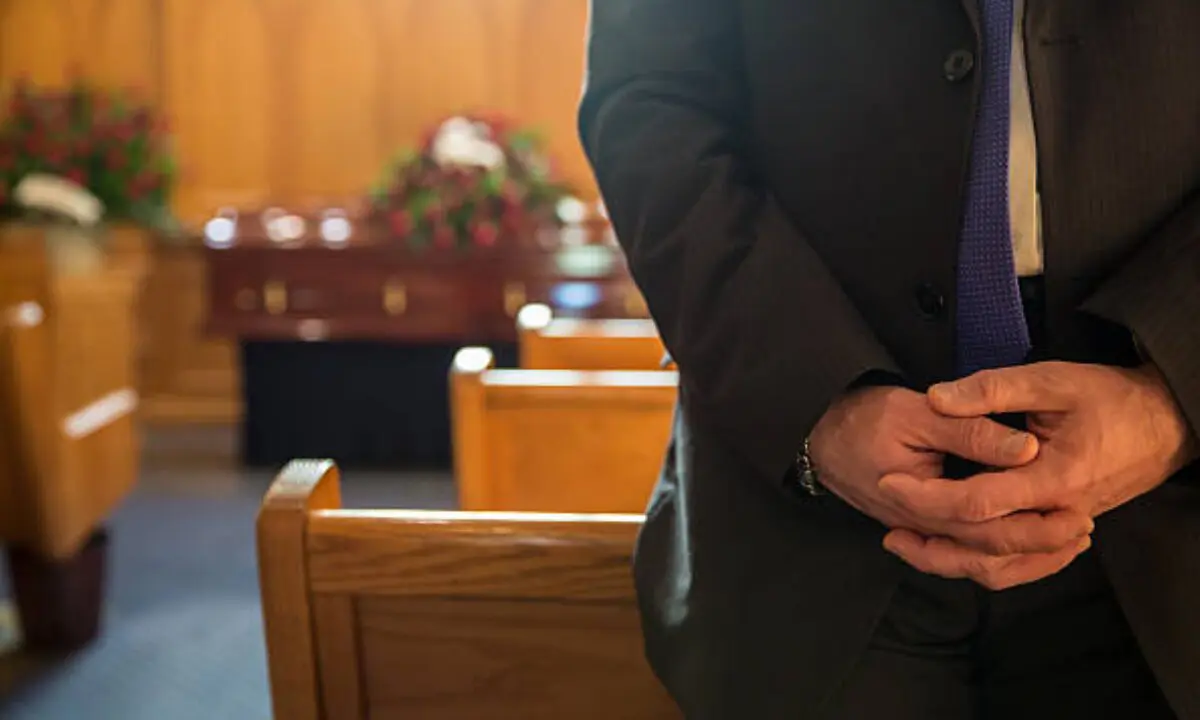Losing a loved one is a deeply emotional and challenging experience, and amidst the grief, many questions arise regarding the timing and arrangements of the funeral. Beleiv understands your concerns and offers this comprehensive guide to address your queries and provide guidance on when and how to plan a funeral, ensuring that your loved one is honored with the utmost care and respect.
What Is the Ideal Time Between the Death of the Person and Funeral?
Losing a loved one often comes unexpectedly, leaving us with a whirlwind of emotions and practical considerations. One common question is how soon the funeral should be held after a person’s passing. While the grieving process is unique for each individual and family, here are some insights to help you make this critical decision:
1. Timing Considerations:
- Five to Ten Days: In many cases, funeral service providers typically recommend a funeral occurring within five to ten days after the person’s passing. This timeframe allows for adequate preparation and coordination of various aspects of the funeral.
- Faster Funerals: In some regions and countries, funerals may occur one or two days after the death. This expedited timeframe is often due to cultural or religious customs.
- Delaying the Funeral: If you wish to postpone the funeral activities, it is possible. Utilizing preservation methods, such as embalming and refrigeration, can slow down the natural decomposition process and extend the time for planning and preparation. These methods can delay the funeral for up to two weeks or even longer.
2. Preservation Methods:
- Embalming: Embalming is a common practice to preserve the body for an extended period, allowing for delayed funerals or visitations. It involves the use of chemicals to slow down the decomposition process temporarily.
- Refrigeration: Keeping the deceased refrigerated can also help preserve the body, providing flexibility in scheduling funeral arrangements.
Understanding these options can help you make an informed decision regarding the funeral timing, considering your family’s needs and cultural preferences.
How Long Does the Cremation Happen After the Death?
Cremation is a choice that some families make as part of their funeral arrangements. The timing of cremation can vary based on individual preferences and circumstances:
1. Scheduling Flexibility: Cremation offers more flexibility than traditional funerals, which may have specific timeframes. Families can choose to hold the funeral before or after the cremation process.
2. Authorization and Paperwork: Before cremation occurs, specific authorizations and paperwork, including approval from the family and often from the coroner, may be required. This process can typically be completed within a few days.
3. Memorial Services: If you opt for cremation and wish to hold a traditional funeral service first, you can schedule the memorial service at your convenience.
4. Scattering or Burial: In some cases, cremated remains are scattered or placed in an urn for burial. The timing of these arrangements may vary based on family preferences.
It’s important to discuss your specific wishes and timeline with a funeral director, who can guide you through the process and help you make appropriate arrangements.
What Are the Best Days and Times for a Funeral?
Choosing the day and time for a funeral is a personal decision that should align with the preferences and needs of the deceased’s family and loved ones. Here are some considerations when selecting the best days and times for a funeral:
1. Morning and Midday Services: Many funeral service providers schedule services in the morning or midday to allow family and friends traveling from afar to attend without facing late hours or logistical challenges. These times are generally accommodating for attendees.
2. Flexible Options: While providers may offer suggested dates and times, you are not limited to these options. It is essential to choose dates and times that best suit your family’s and attendees’ needs and schedules.
3. Weekend Funerals: Planning a funeral on a Sunday is entirely feasible. However, some funeral directors may charge additional fees for weekend services, as certain facilities, like crematoria and cemeteries, may have different operational schedules and associated costs on weekends.
4. Cultural and Religious Considerations: Be mindful of any cultural or religious customs that may influence your choice of day and time for the funeral. Some traditions have specific guidelines for funeral arrangements.
5. Considerate Planning: Ultimately, the funeral should be planned in a way that allows attendees to pay their respects, share memories, and find comfort in their way. The goal is to create a meaningful and respectful farewell.
Beleiv understands that each family’s needs and preferences are unique, and we are here to provide support and guidance as you navigate the funeral planning process. Our compassionate team is dedicated to helping you create a fitting tribute to your loved one, ensuring that the funeral arrangements align with your wishes and provide comfort during this difficult time.
In conclusion,
the timing and arrangements of a funeral are deeply personal decisions that should consider the preferences of the family and the unique circumstances surrounding the loss. Beleiv is here to assist you in navigating this process, offering empathy, expertise, and a commitment to honoring your loved one’s memory with the utmost care and respect.





